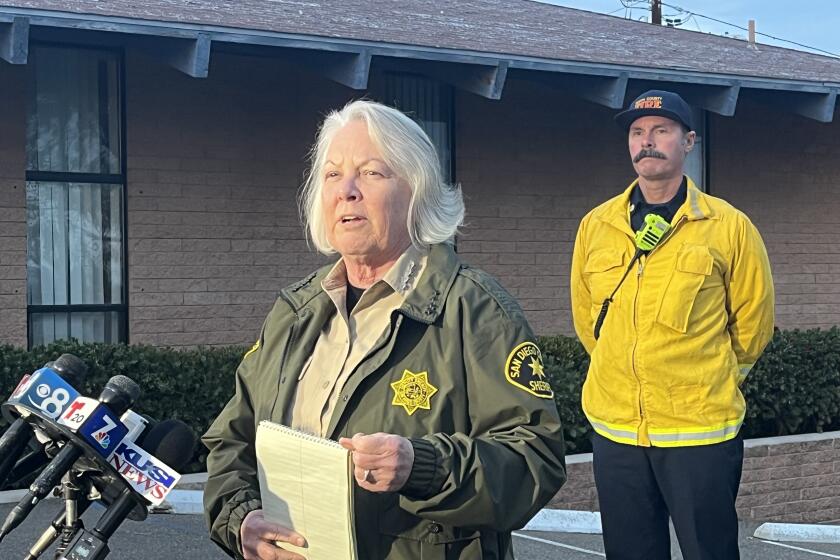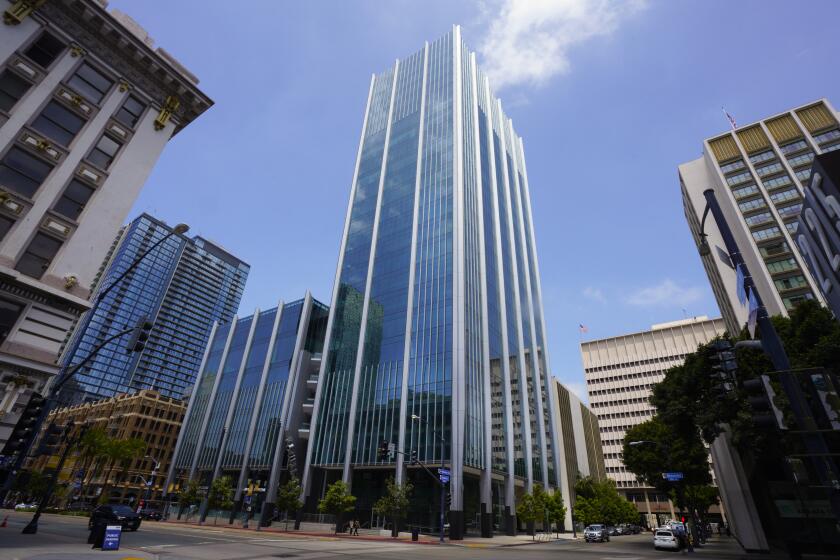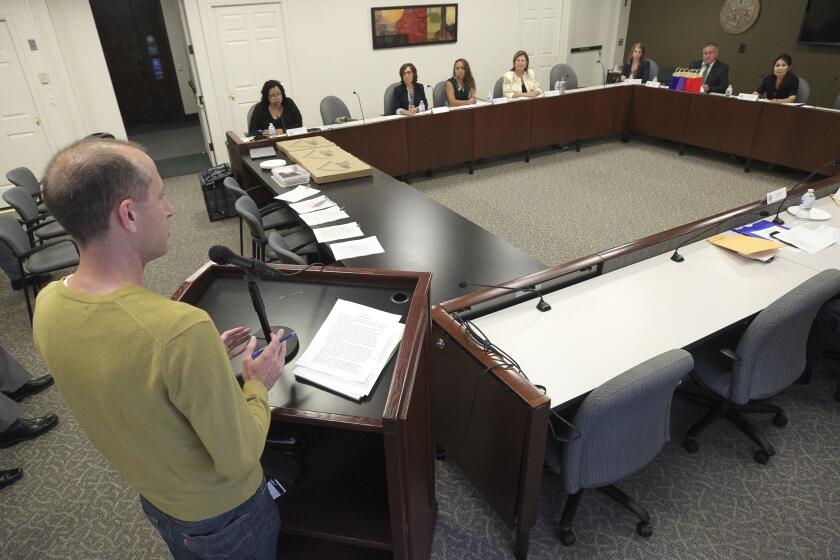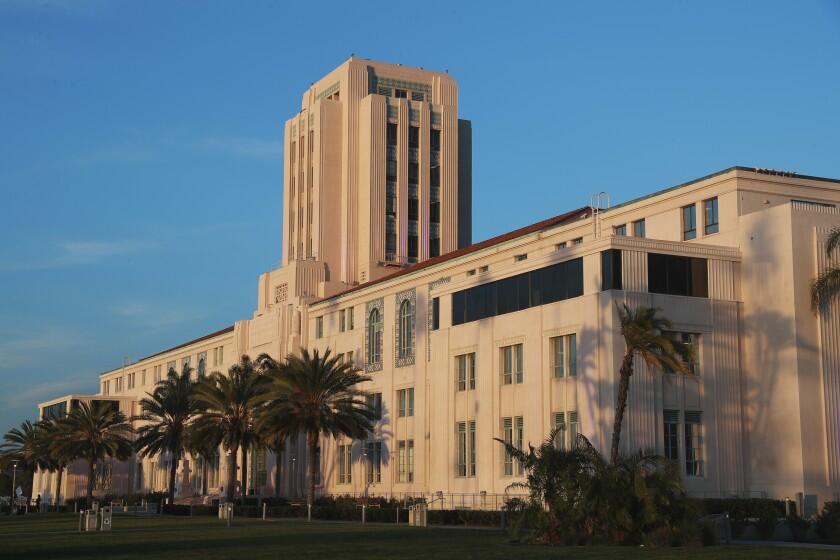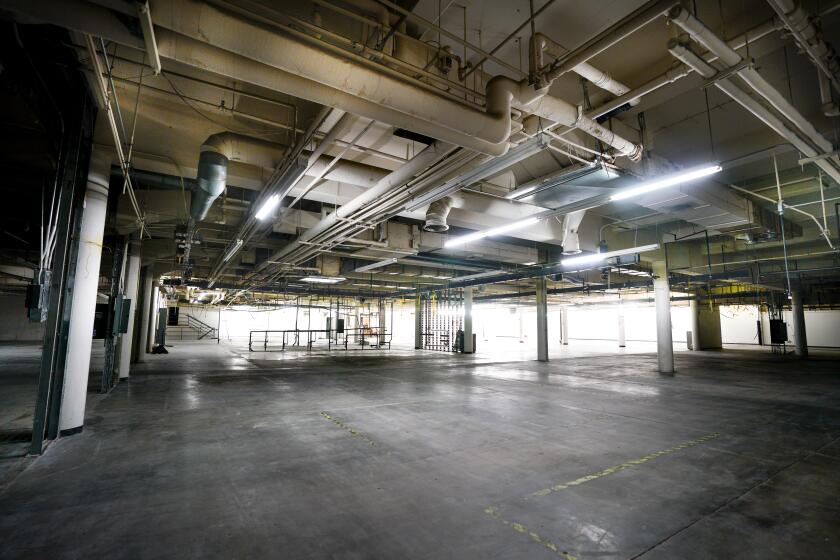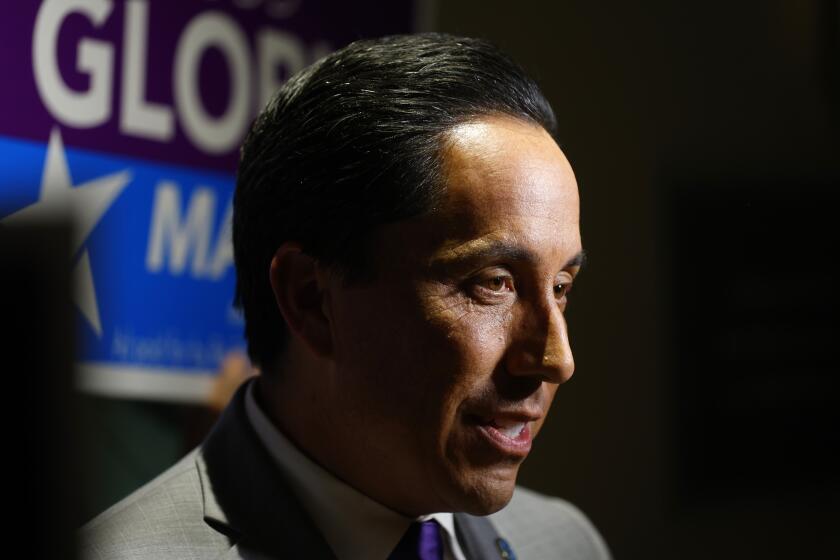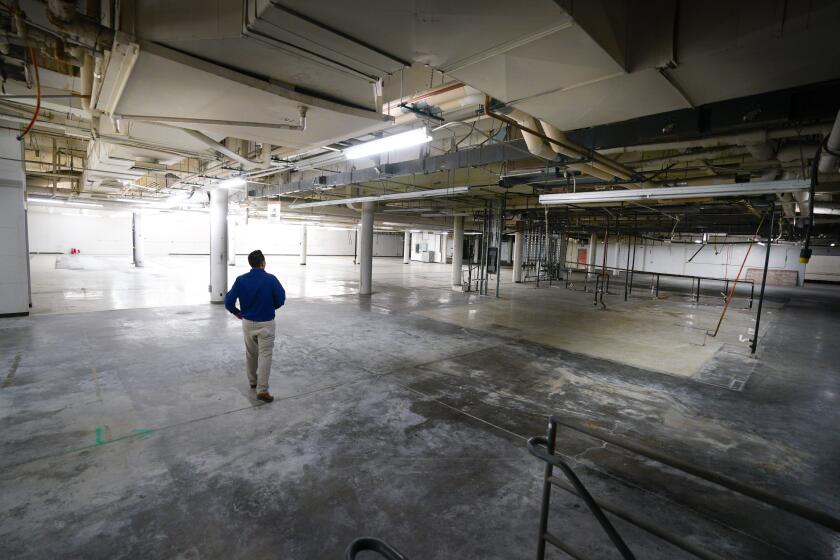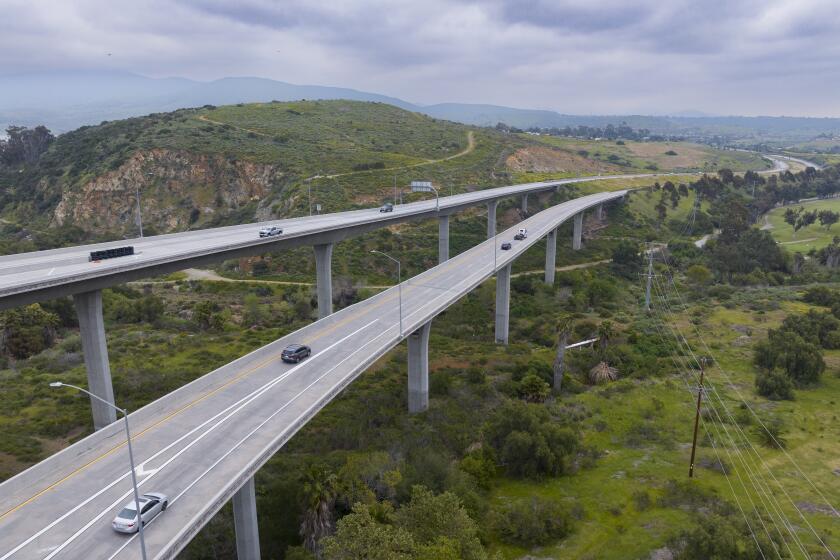Chairman still wants San Onofre emails
‘I continue to be disturbed by the commission’s lack of accountability to the Legislature and to the public’
State regulators do not appear ready to comply with a July 31 deadline to release thousands of emails requested by the chairman of the Assembly committee overseeing the California Public Utilities Commission.
Commission President Michael Picker said in a letter on Friday that he is working to respond to the lawmaker’s request for emails pertaining to the failed San Onofre power plant north of Oceanside, but gave no indication he would turn over any records by the deadline this Friday.
The commission president said it is not up to him to “interfere” in an ongoing proceeding in which he is not the commissioner assigned to oversee the matter.
“As president, I do not have any power to order an action disclosing material that other commissioners do not also wield,” Picker wrote to Anthony Rendon, D-Lakewood, who is chairman of the Committee on Utilities and Commerce.
“Nor do I believe it is appropriate for a commissioner who is not the assigned commissioner to interfere with the fair and efficient processing of an ongoing investigation or other proceeding, particularly when these matters are undergoing active deliberation in a commission proceeding in which legal issues concerning the appropriateness of disclosure have not been adjudicated.”
Rendon first requested the San Onofre emails in March without success. Earlier this month, he issued a July 31 deadline for Picker to comply with the request.
Picker and commission spokeswoman Terrie Prosper did not respond Monday to requests for comment. Picker and Rendon met privately Monday but neither disclosed what was discussed over the half-hour meeting.
After they met, Rendon issued a statement saying, “I continue to be disturbed by the commission’s lack of accountability to the Legislature and to the public as a whole. More than four months after my initial request for documents related to San Onofre, it’s clear to me that the Legislature’s oversight authority over the CPUC is not being respected.”
Picker was nominated as commission president in December and faces a confirmation hearing in the state Senate next month.
The dispute over releasing utility emails began after Picker testified before the Assembly committee in March, when he told legislators he was committed to reforming the utilities commission.
The agency, which regulates the for-profit utilities Southern California Edison, Pacific Gas & Electric and San Diego Gas & Electric, has been battered in recent months by reports showing regulators held secret meetings with utility executives and exchanged private emails to help the companies in ongoing proceedings.
State and federal prosecutors are conducting separate criminal investigations into undisclosed dealings, including communications that led to Edison and SDG&E customers being charged more than $3 billion for the premature closure of San Onofre. The nuclear plant closed in January 2012 amid a radiation leak after Edison installed faulty steam generators.
Latest: CPUC
- Consumer group builds PUC email database
- AG says CPUC probe hasn't stalled
- State to reopen $4.7 billion San Onofre deal
- CPUC meets with Wall Street types, too
- Consumer attorney raises question: Whose side is the attorney general on?
- CPUC now wants $12.3 million for legal fees
MORE WATCHDOG
The commission responded to the criminal investigations by approving up to $5.2 million of spending on criminal defense lawyers, who have been reviewing thousands of internal and external commission records, often finding and citing reasons to withhold them in response to subpoenas and records requests from lawmakers, journalists and consumer attorneys.
In his letter to Rendon last week, Picker said the process of reviewing which documents are releasable is “a highly legally technical process” and noted that he and other commissioners could be prosecuted criminally for improperly disclosing utility records.
“I will continue to work diligently with you and the committee to ensure timely consideration of your requests consistent with the limitations imposed on the commission by California statutes,” he wrote.
Email communications between regulators and utility executives have become critical evidence in the case of San Onofre. Plant owners Edison and SDG&E decided to close the plant permanently and negotiated a settlement with two consumer groups that called for customers to pay $3.3 billion, or 70 percent, of the $4.7 billion in estimated closure costs.
The commission approved the deal in November, some 20 months after former commission President Michael Peevey sketched out deal points with Edison executive Stephen Pickett during an undisclosed meeting in Warsaw, Poland.
Consumer groups have since called for the agreement to be reopened, saying the process was tainted by the Warsaw meeting.
The initial request from Rendon called on Picker to order Edison to release “all internal and external emails” related to San Onofre and turn them over to the committee.
In April, the commission ordered Edison to release certain records but excluded key time periods from the order. Edison responded with a review of 2 million documents, which resulted in release of a few dozen pages.
The commission issued a subsequent order for additional records last month, and Edison released several more emails.
As chairman of the Assembly panel overseeing utilities and the utilities commission, Rendon has the legal authority to issue subpoenas and call Picker to testify before his committee again, this time under the penalty of perjury.
“If the July 31 deadline is not met, I will continue pursuing the San Onofre documents, as well as pushing reforms and conducting oversight that force the commission to change its unacceptable culture of secrecy,” Rendon said.
Earlier this month, The San Diego Union-Tribune reported that state agents executed new search warrants at Edison offices in Rosemead and the commission headquarters in San Francisco, citing delays in receiving responses to subpoenas and document requests.
Get Essential San Diego, weekday mornings
Get top headlines from the Union-Tribune in your inbox weekday mornings, including top news, local, sports, business, entertainment and opinion.
You may occasionally receive promotional content from the San Diego Union-Tribune.



